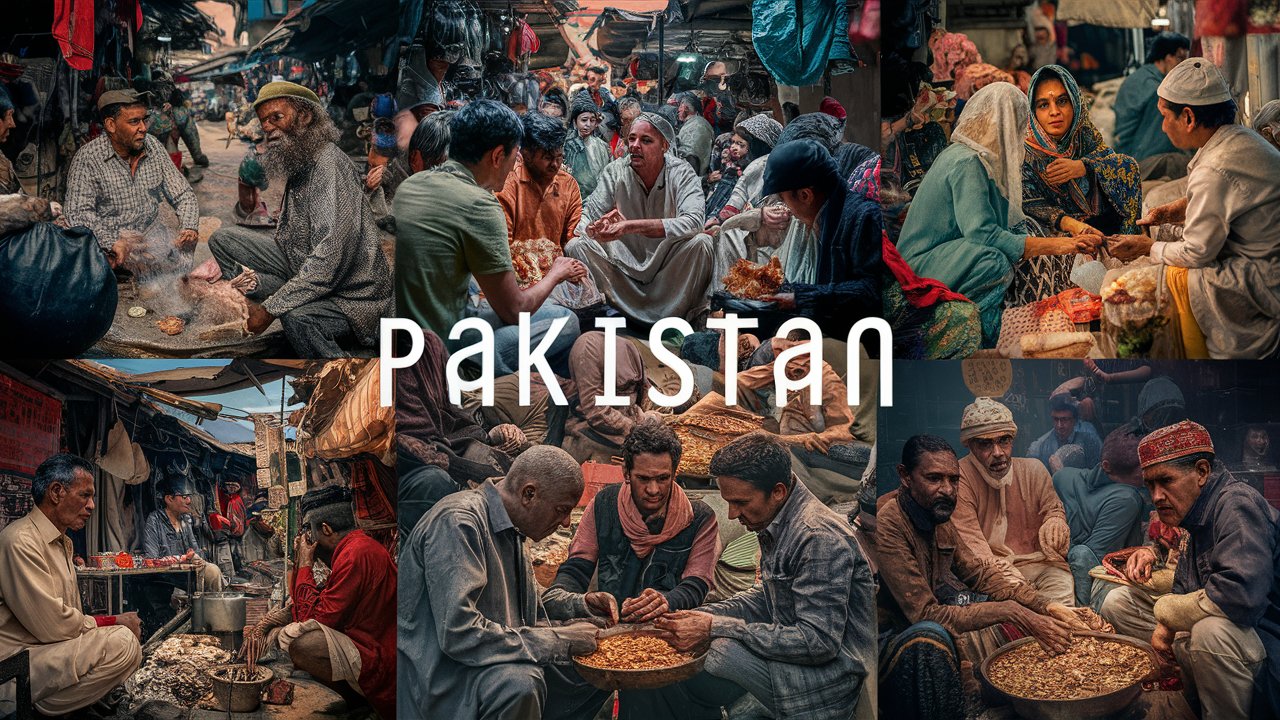6. Pakistan’s informal economy: the way forward. 2020

Pakistan’s informal economy: the way forward. 2020
Introduction
Pakistan’s economy has been characterized by a significant informal sector, which comprises of economic activities that are not regulated or taxed by the government. The informal sector in Pakistan is estimated to be between 30-50% of the country’s GDP, and it is a significant source of employment for a large portion of the population. However, the informal sector is also associated with a number of challenges, including low productivity, poor working conditions, and limited access to financial services. This essay will explore the informal economy in Pakistan and suggest ways to formalize it for the betterment of the country’s economy.
The Informal Economy in Pakistan
The informal sector in Pakistan comprises of a range of activities, including small-scale manufacturing, street vending, and agriculture. It is estimated that more than 70% of Pakistan’s workforce is engaged in the informal sector. These workers often lack job security, social security, and access to formal training and education. Many of them work in poor working conditions and are vulnerable to exploitation by their employers.
One of the challenges associated with the informal sector is its contribution to the country’s tax revenue. Informal businesses are not registered with the government, and they do not pay taxes. This means that the government is missing out on a significant portion of its revenue. The informal sector also contributes to the country’s black economy, which is associated with money laundering and other illegal activities.
Another challenge associated with the informal sector is the limited access to financial services. Informal businesses are often unable to access formal credit and other financial services, which can limit their growth and development. This also means that they are more vulnerable to economic shocks, such as natural disasters or changes in the market.
Formalizing the Informal Economy in Pakistan
There are several ways to formalize the informal economy in Pakistan. One approach is to provide incentives for informal businesses to register with the government. This could include tax breaks or other financial incentives for businesses that register with the government. The government could also streamline the registration process, making it easier for informal businesses to register and comply with regulations.
Another approach is to improve access to formal financial services. This could include providing loans and other financial services to informal businesses, as well as promoting financial literacy and education. The government could also work with private sector organizations to provide financial services to the informal sector.
Promoting formal training and education is another way to formalize the informal economy. This could include providing vocational training and education to informal workers, as well as promoting entrepreneurship and small business development. The government could also work with private sector organizations to provide training and education to the informal sector.
Finally, the government could take steps to improve working conditions and promote labor rights in the informal sector. This could include promoting fair labor practices, providing social security benefits to informal workers, and improving working conditions in the informal sector.
Conclusion
The informal sector in Pakistan is a significant source of employment and income for a large portion of the population. However, it is also associated with a number of challenges, including low productivity, poor working conditions, and limited access to financial services. Formalizing the informal economy in Pakistan is a complex task, but it is essential for the country’s long-term economic growth and development. The government can play a key role in formalizing the informal sector by providing incentives for informal businesses to register with the government, improving access to formal financial services, promoting formal training and education, and improving working conditions and labor rights in the informal sector.
Visit: https://scholarshipresort.com/